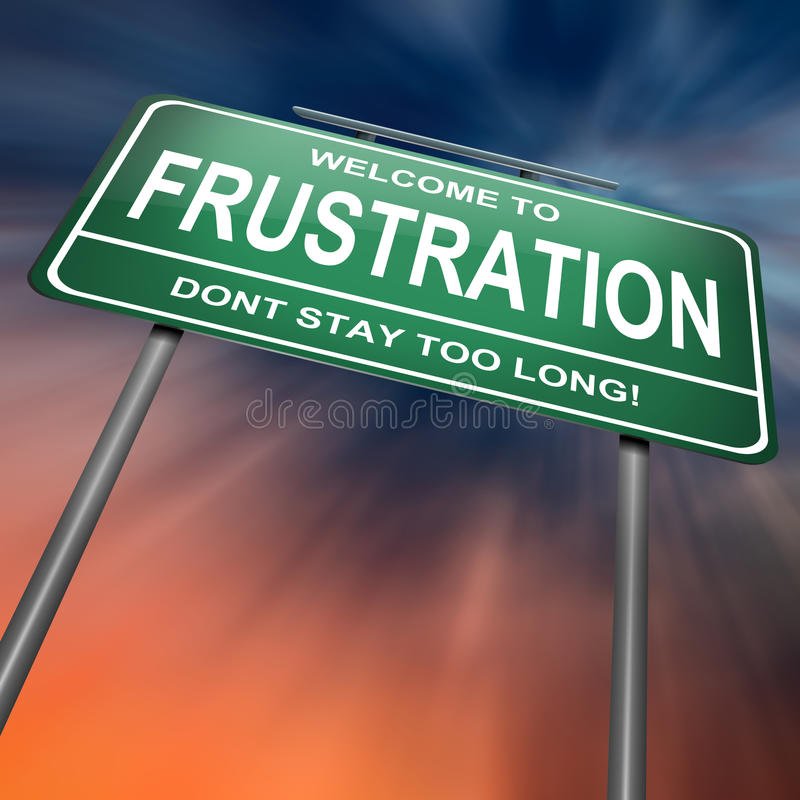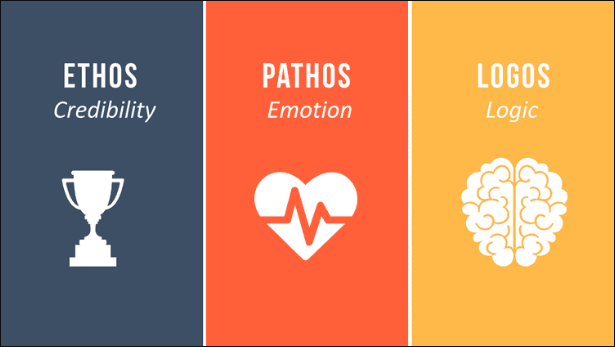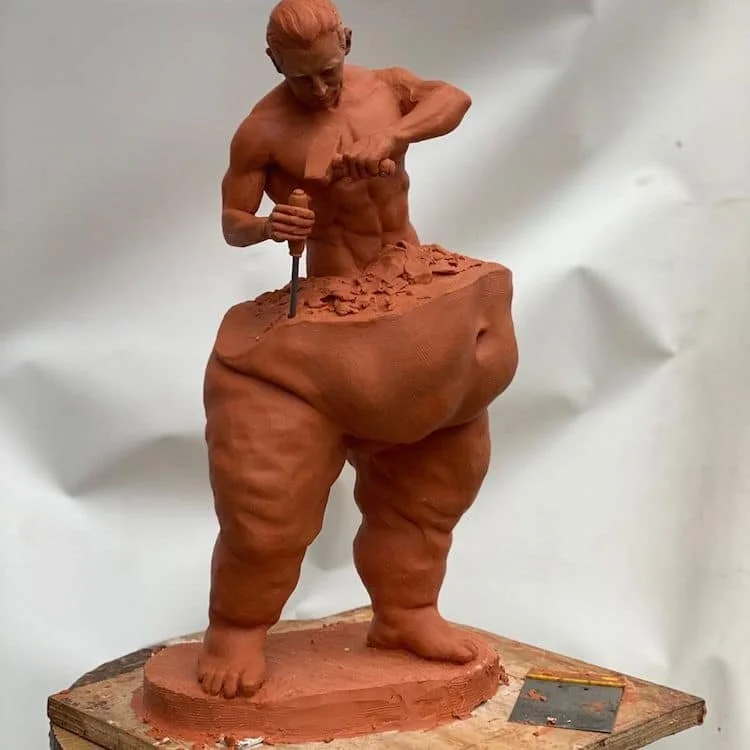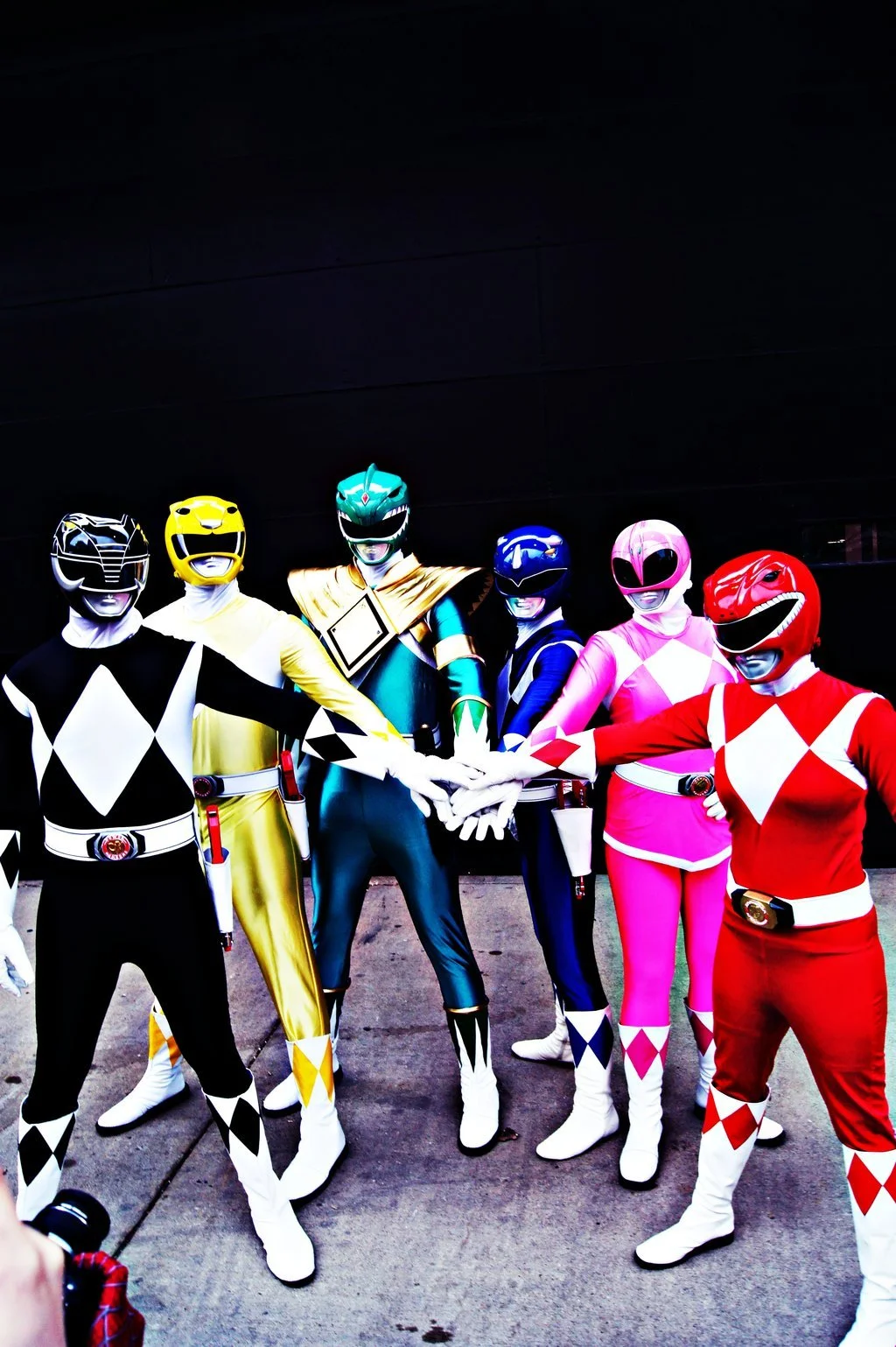On Wednesday night, we had our first runthrough.
During that runthrough, we all felt a lot of different things; it's a definite turning point in the rehearsal process. It was our designer run, and - of course - as a result, a lot of our feeling of ease melted away as we suddenly had people in the room and were focusing on a million things.
But the next day we started our rehearsal with a vocal warm up and we had a little powwow, talking things out.
Activating our bodies, activating our breath. Grounding, stretching vocally, and then moving right into staccato legato, an exercise that embodies every aspect of the Chekhov technique.
During that process, during that exercise, something happened for me.
I don’t know about the rest of our ensemble, but I’m at that stage of rehearsal where I’m struggling to piece it all together. I’ll admit it’s incredibly frustrating. It feels like a “fake it till you make it” situation - a phrase I’ve never particularly liked.
Read MoreWe had the privilege of seeing OCG on its feet for the first time on Wednesday night and the experience stirred up some emotion that I hadn't completely prepared for when I walked in the door.
Read MorePolarity is a term that has been used again and again throughout this process. While I have not been a student of the Michael Chekhov Technique for long, my understanding is that usually we are using this word to help give dynamics and depth to a scene, a moment, or a gesture. Bringing to mind the active idea of being pulled, in multiple directions - or crafting a scene with contrasting tempos, atmospheres, etc. - living at both extremes simultaneously and seeing what that generates.
Read MoreThis exercise was introduced to me by my mentor and former teacher, Shelley Delaney.
She too likely stole it from someone else. Primarily, it is used for texts that involve the “long thought” or extended, persuasive arguments (think: Shakespeare or the Greeks). OUR COUNTRY’S GOOD has no shortage of long thoughts or persuasive arguments. I have found this exercise useful to determine to what part of the receiver a speaker might be appealing
(From Merriam-Webster)
Definition of homestretch
1: the part of a racecourse between the last turn and the winning post
2: a final stage
Well, here we are folks, it’s the home stretch, it’s the (wait for it…)THE FINAL COUNTDOWN (cue Europe’s “The Final Countdown”).
Oh, what the heck, let’s just directly link to it because I just planted that song in your brain anyway like the movie “Inception.” https://www.youtube.com/watch?v=NNiTxUEnmKI
After many months of collaboration and exploration, we are down to the nitty-gritty of the final rehearsals leading up to the opening of “Our Country’s Good.”
As we continue in this process, I’ve been struck by the tools that almost instantly bring me into the world of the play or the characters I’m playing.
Read MoreOne of the most interesting things that has come with this production is the flat hierarchy, which I deeply appreciate. There is an intrinsic amount of creative freedom that comes with having everyone on an equal playing field. Yes, of course we have Craig, our director, and there are other members of the team who are in charge of specific aspects. Functionally, doing away with a hierarchy completely may be infeasible, but there is a true commitment to working in the way of equal say and shared agency.
Read MoreThis week at rehearsal - in rooms all over NE Ohio - we started to shift from playing and exploring to blocking, solidifying our location and business.
Specific blocking was set for the large group scenes, especially. This might seem a bit restrictive from the outside, but the structure gives great frames to really play boldly in. In the scenes where our characters are rehearsing The Recruiting Officer, I found new relationships with different characters, in part because of my new proximity to them. When the characters clashed together on stage: How do they interact? What is their comfort level with each other? Do they have a similar viewpoint? What do they need from each other? The dynamics started to expand and the relationships became complex, specific, and felt more truthful.










